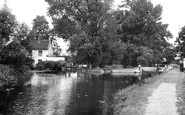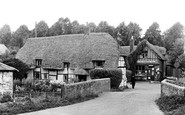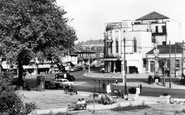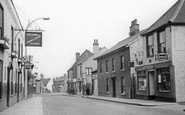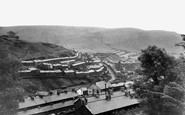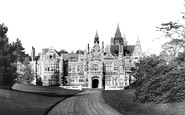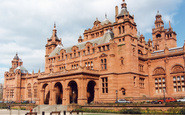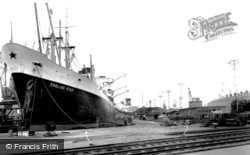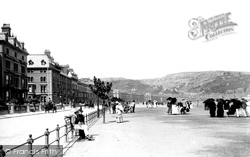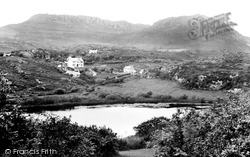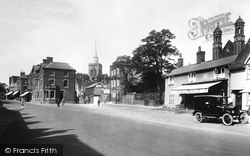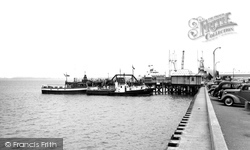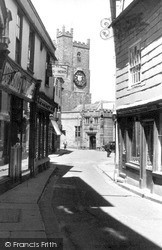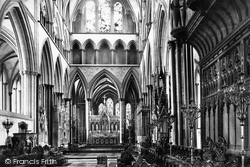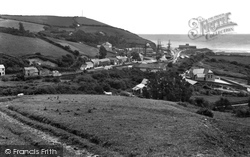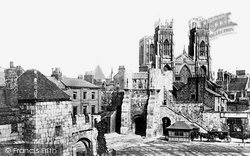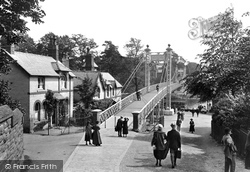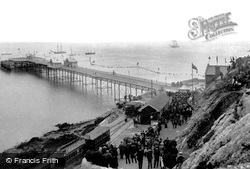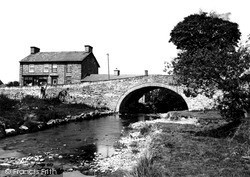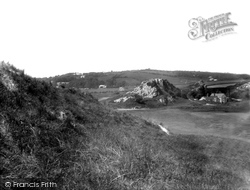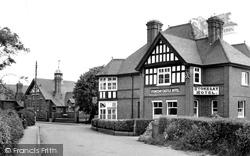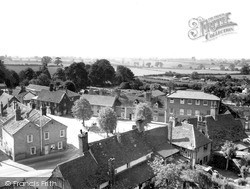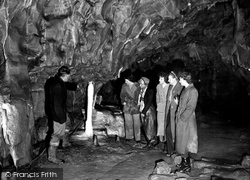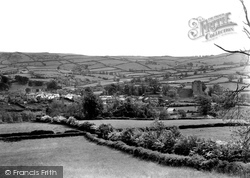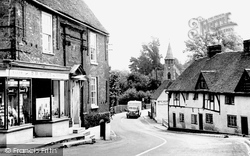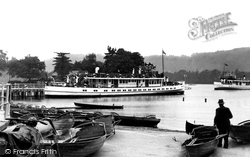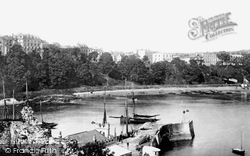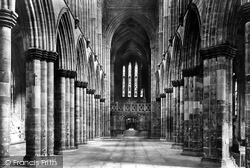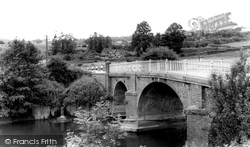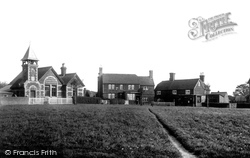Places
2 places found.
Those places high-lighted have photos. All locations may have maps, books and memories.
Photos
3 photos found. Showing results 421 to 3.
Maps
29 maps found.
Books
1 books found. Showing results 505 to 1.
Memories
1,365 memories found. Showing results 211 to 220.
Childhood Days
I too have happy and sad memories of Thurnscoe. I started school in 1952 at Hill Infants. Mrs Cartlidge was our teacher. I still remember where I sat behind the door and being given a small blackboard and chalk on my first day there. ...Read more
A memory of Thurnscoe in 1952
This Is How The Lock Looked Like When My Family Lived In Lock Cottage 1950 1961
This is where I spent my life from 2 years old till I was 13 years old. Fishing, rowing boats, paddling canoes and riding Kitty the horse in the field behind our cottage ...Read more
A memory of Harlow in 1950 by
Now
Do you see the thatch cottage by the bridge? My son and daughter-in-law and our grandchildren now live there, since 2002. It is such a lovely place to bring up children I would love to hear from anyone who could let us know any history to their house.
A memory of Nether Wallop in 2002 by
The Majestic Cinema
Between the tree and the cinema you can see the roof and top floor of one of the blocks of flats in Armfield Crescent so we did not live far from the cinema. When we were small we were given a shilling to go to the Saturday ...Read more
A memory of Mitcham in 1963 by
Aveley An Age Away.
I lived in Aveley Villiage from when I was born in 1957 until we moved to the Kennington Estate about 1971. We had a funny house in Church View which seemed to be back to front compared to some of my friends houses. Our end of ...Read more
A memory of Aveley by
Growing Up In Abridge Roger Walker
We moved to Abridge in 1948, I was 8 years old, with mum and dad Pat and Stan Walker. We lived at no 41 Pancroft Estate later re numbered 45. My early memories of the little villiage was of Brighty's shop and cafe ...Read more
A memory of Abridge in 1948 by
The Second World War
There was an air raid shelter under the green opposite the Three Jolly Wheelers pub. It comprised a number of concrete passageways. My mother my sister and I would use it on occasions when there was a particularly bad air ...Read more
A memory of Woodford Bridge in 1945 by
Sunday Treat
I remember travelling over to Nantymoel in an Austin 7 from the Western Valley. It was very cramped with my mother and father, younger brother and a friend of the family. This was a regular family outing to see my grandparents, William ...Read more
A memory of Nant-y-moel in 1948 by
School Days
Before becoming the home of George Harrison of the Beatles, Friar Park was run as a school by sisters of the St. John Bosco order. This was my first school and I remember having to walk all the way to the main door along the ...Read more
A memory of Henley-on-Thames in 1960 by
Rainy Days & Sundays
We used to go to Art Gallery & Museum on Sundays, especially if it was raining. We took the tramcar from Possilpark right to the door. My sister and our four brothers spent many happy hours there looking in wonder at all the ...Read more
A memory of Glasgow in 1940 by
Captions
918 captions found. Showing results 505 to 528.
Here we see the docks near the end of their life; closures started soon after, with the last docks closing in 1981.
Commerce was kept away from the front and its grandiose hotels to preserve its genteel atmosphere - on the right we can see the Adelphi Hotel and the Imperial Hotel.
Here we see the lake and the rocky hill of Moel-y-Gest.
Here we see the junction of White Horse Street and Sun Street, leading to St Mary's Church with its 13th-century tower and prominent spike.
Ferry passengers only get to see Parkeston Quay, two miles away; they never see the town. Corporation Pier, seen here, is better known as the Ha'penny Pier, after its original toll charge.
The Orange Tea Rooms (we can see the projecting sign) is now a florist, and the slate-hung shop on the right, in this picture Miss Whitford's, selling pots and pans, china, paraffin and other useful items
To the right we can see the canopy of the Bishop's seat.
A village grew up around the dock – we can see the school on the right. The Pentewan Railway closed in 1918, and the harbour soon became blocked and disused.
To the rear right of the bar we can see the turret on the roof of the Minster Chapter House.
Today sunny weather still brings people flocking to this area of the city by the riverside, although the people pictured here would probably be shocked to see the state of undress that is now considered
Here we see the terminus of the Swansea to Mumbles railway. The pier was essential for the recreation of Victorian and Edwardian visitors to this part of the seaside.
It benefited from the visitors who came to see the nearby ruins of Strata Florida, particularly after the railway arrived in 1866, and more recently from those who came to the enormous hall in the village
Here we see the Black Rock, Black Rock Quarry and Black Rock Cottage, and behind is the bridge over the railway.
In the past many of the visitors to the area would have come in order to enjoy country pursuits, and it is interesting to see the round sign on the hotel wall for members of the Cyclists
The high elevation enables us to see the typically flat agricultural land of West Suffolk.
Now tourists come to see the four-mile-long array of caves discovered by miners in 1858. Some of the stalagmites here are believed to be 170,000 years old.
We can see the village of Clun in the valley, with the keep of its old castle standing guard. Actually this castle was less a military stronghold than a centre for hunting.
The front doorsteps at the house on the left lead on to the road - not user-friendly, perhaps.In the distance we can see the spire of St Nicholas's Church; nside, the church has no aisles.
We can see the large boats of the 1930s, the 'Teal' and the 'Swan', each taking the name of one of the Victorian steamers, in this post-World War II scene by Bowness pier.
In the foreground we can see the roof of Laston House, a purpose-built bath-house which operated between 1810 and the early 1830s.
In this post-Second World War scene by Bowness pier, we can see the large boats of the 1930s, the 'Teal' and the 'Swan', each taking the name of one of the Victorian steamers.
In this picture from 1897, we can see the screen separating the nave and choir.
Many visitors come to the church to see the 13th-century tomb of Ralph Wysham, his feet resting on a dog - which is supposedlyhow his body was found, feet resting on a favorite hound, when the Lord of
Looking across the green, on the right-hand side we can see the boot and shoe shop of the Foord family, and in the centre the butcherís shop of H J Harvey.
Places (2)
Photos (3)
Memories (1365)
Books (1)
Maps (29)



